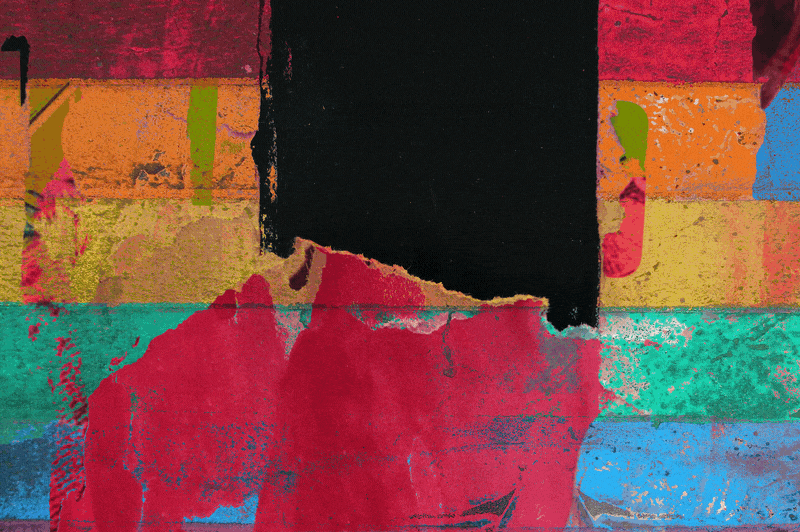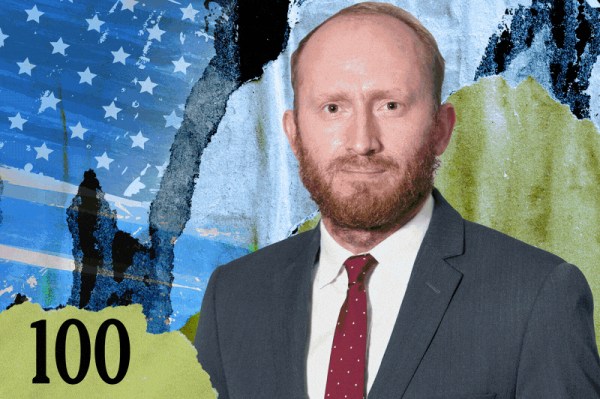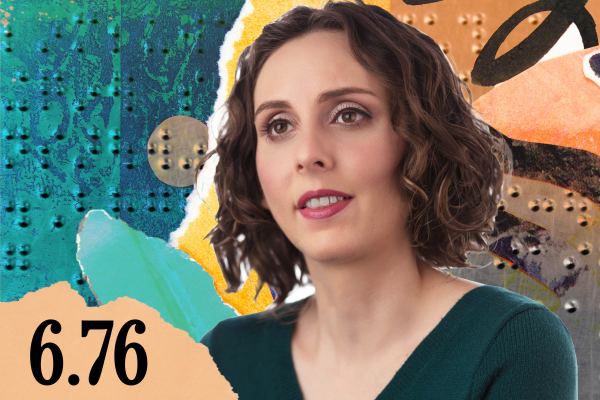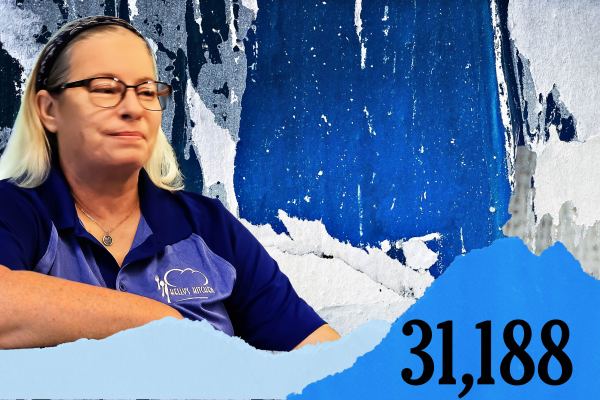The Cattrachas Lesbian Network

Indyra Mendoza
General Coordinator and Founder, The Cattrachas Lesbian Network
“The Cattrachas Lesbian Network began in 2000 as an initiative by four women to monitor violence against LGBTQ+ persons in Honduras. Today, we are the first lesbian organization in the country and a Ford grantee, and we are a research, litigation, and human rights defense resource within a context of extreme violence and impunity.
Honduras registers one of the highest rates of murder in the world against trans and sexually diverse people. In this landscape, the Cattrachas Mass Media Monitoring Center has done crucial work to document and follow up on crimes of violence against the LGBTQ+ community, as well as patterns of violence against defenders of land, natural resources, and territories. We have identified life-and-death patterns that enable us to confirm that they are hate crimes. Cattrachas has demanded the investigation of multiple violent deaths of lesbians, gays, bisexuals, and trans people, which has resulted in 50 convictions—a record number in the country. These court rulings are transmitting a clear message: Impunity is no longer an option.
The Cattrachas Network has also been able to file emblematic cases in the Inter-American Human Rights Commission, such as those of Vicky Hernández and Leonela Zelaya, two trans women murdered. In the former case, the court ruled that the state of Honduras was responsible for Vicky’s extrajudicial execution in 2009. The second case is still awaiting sentencing.
The work carried out by Cattrachas not only challenges impunity, but it encourages a future without discrimination. In a country marked by violence and hate, our team’s daily labor represents an ongoing struggle for a world in which justice becomes a reality for all people, without distinctions.”

Military Veterans in Journalism
Military veterans who work in newsrooms can help build more interconnected communities.

American Foundation for the Blind
AI hiring processes need human oversight to prevent biases against candidates with disabilities.

Kelly’s Kitchen
A searchable database helps communities further food security, accessibility, and education.